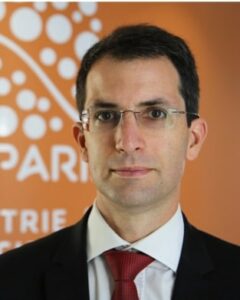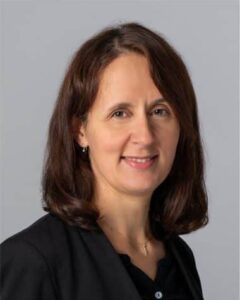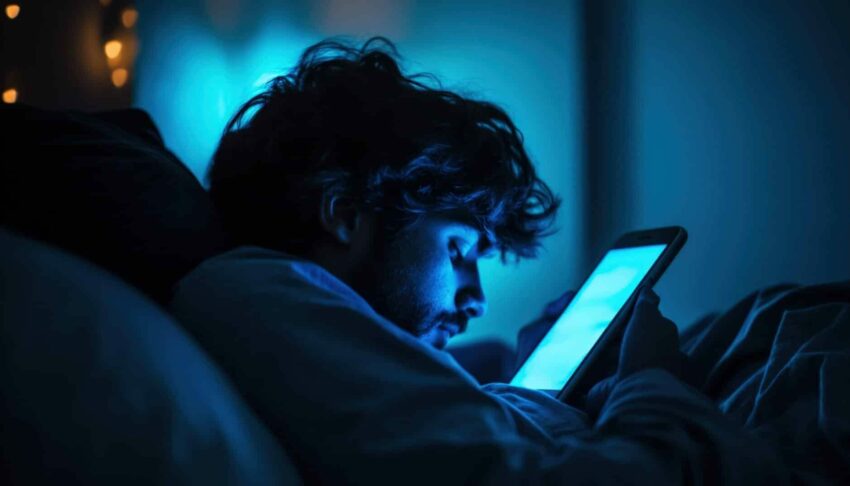- Planet
- Energy
- Health and biotech
- Digital
- Space
- Economics
- Industry
- Science and technology
- Society
- Geopolitics
- Neuroscience
- Videos
- Magazine

Avec Brigitte Fauroux , Professor of Pneumo-pediatrics at Necker Hospital, Laurent Meijer, Former CNRS Unit Director and Founder of start-up Perha Pharmaceuticals
Avec Gwenn Menvielle, Research Director in Post-Cancer at Inserm, Aurore Loretti, Lecturer at ETHICS Laboratory's Medical Ethics Centre at Université Catholique de Lille
Avec Joël Aubin, Research Engineer at INRAE
A reduction in animal protein consumption among adults in France could lead to a decrease of the impact of food on climate change, acidification and land use.


Avec Guillaume Couillard, Chief Executive Officer of Paris Psychiatry & Neurosciences GHU, Etienne Minvielle, Director of the Centre de Recherche en Gestion at Ecole Polytechnique (IP Paris)

Avec Estelle Peyrard, Research Associate at Ecole Polytechnique (IP Paris) , Cécile Chamaret, Professor in Marketing and Consumer Behaviour at Ecole Polytechnique (IP Paris)
Avec Clément Dherbécourt, Assistant to the Deputy Director of Syntheses, Economic Studies and Evaluation at DREES
In 2024, 39% of French people said they experienced medicines shortages, and 35% of them said that no alternative treatments were made available.
 Neuroscience
Health and biotech
Neuroscience
Health and biotech
Avec Claude Gronfier, Researcher in Chronobiology at Inserm's Centre de Recherche en Neurosciences de Lyon
A study of RATP employees shows that tram and bus drivers (outdoors) have fewer sleep disorders than metro drivers (indoors).
 Neuroscience
Health and biotech
Neuroscience
Health and biotech
Avec Russel Foster , Director of the Sleep and Circadian Research Institute at the University of Oxford
There are several preconceived ideas about the link between screens and sleep; studies need to be nuanced as they are often carried out in laboratories and not outdoors.
